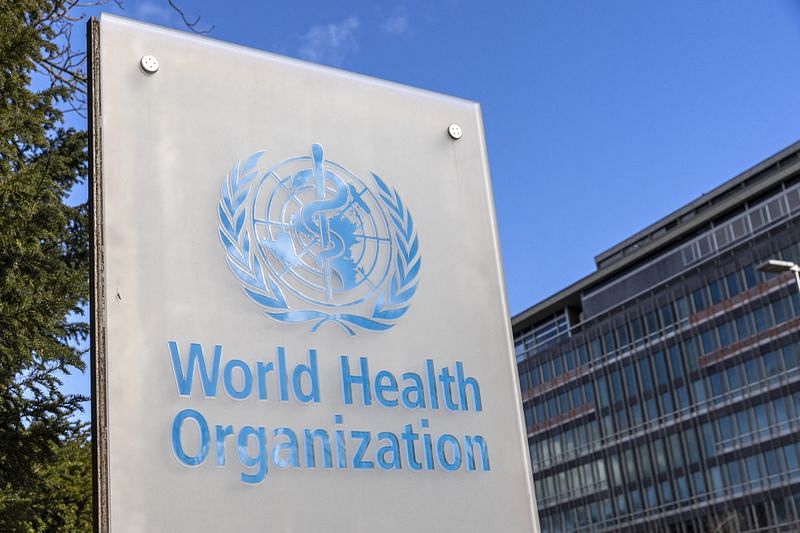The World Health Organization (WHO) on Tuesday classified the JN.1 coronavirus strain as a “variant of interest” and said current evidence shows risk to public health was low from the strain.
At least two experts told Reuters that while the strain can evade the immune system and transmit more easily than other currently circulating variants, it has not shown any signs of more severe disease.
While there might be more cases with the variant, JN.1 doesn’t pose a greater risk, said Andrew Pekosz, a virologist at the Johns Hopkins Bloomberg School of Public Health.
JN.1 was previously classified a variant of interest as part of its parent lineage BA.2.86, but WHO has now classified it as a separate variant of interest.
WHO said current vaccines will continue to protect against severe disease and death from JN.1 and other circulating variants of the COVID-19 virus.
The U.S. Centers for Disease Control and Prevention (CDC) said earlier this month the subvariant JN.1 makes up about an estimated 15% to 29% of cases in the United States as of Dec. 8, according to the agency’s latest projections.
The CDC had said currently there was no evidence that JN.1 presents an increased risk to public health relative to other currently circulating variants and an updated shot could keep Americans protected against the variant.
JN.1 was first detected in the United States in September, according to the CDC.
Last week, China detected seven infections of the COVID subvariant.
(Reporting by Mrinmay Dey and Sriparna Roy in Bengaluru; Editing by Lisa Shumaker, Krishna Chandra Eluri, Shailesh Kuber and Shounak Dasgupta)
Disclaimer: This report is auto generated from the Reuters news service. ThePrint holds no responsibilty for its content.

